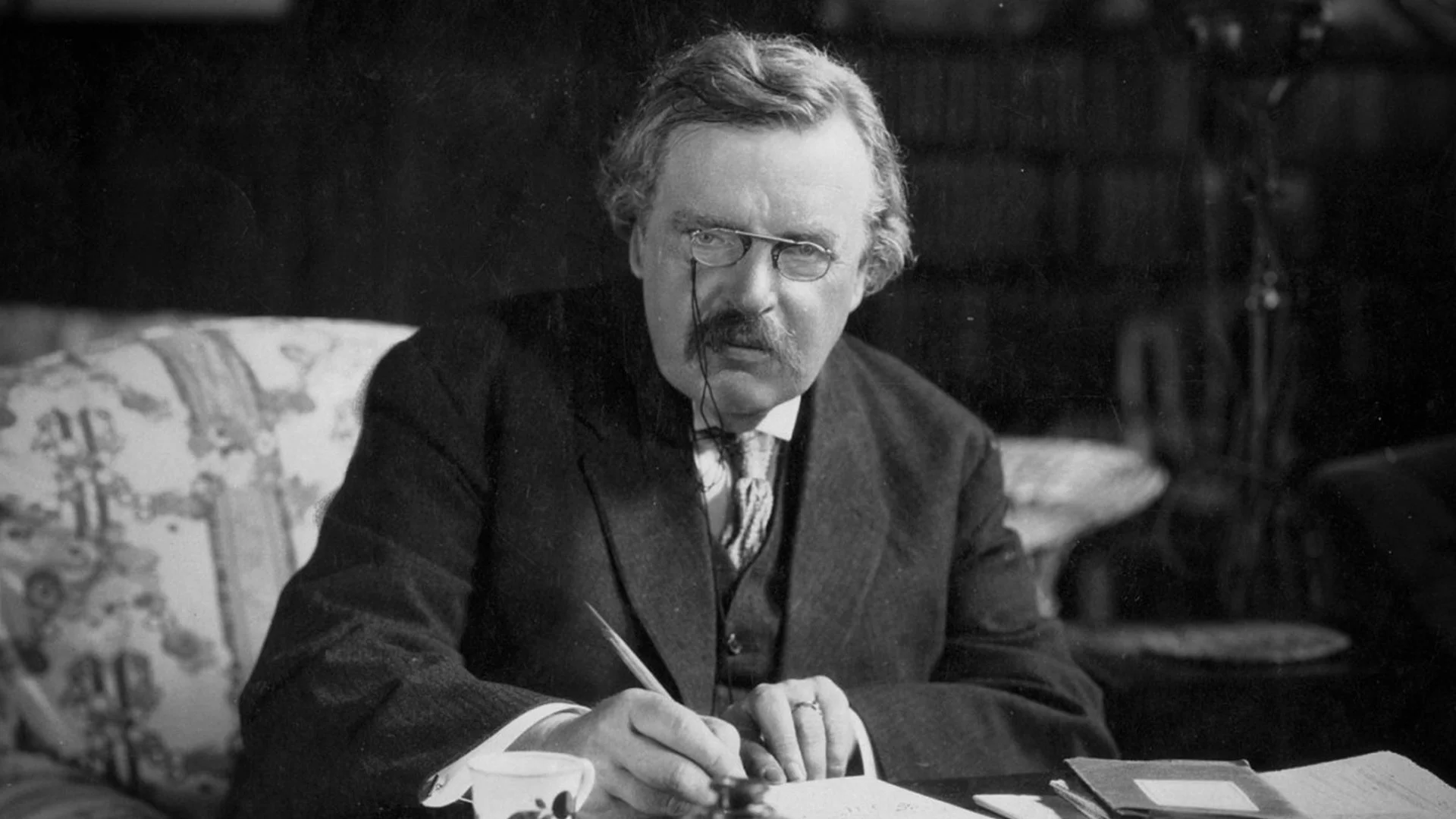This series of articles seeks to examine the character attributes of highly successful leaders, regardless of their adherence to a strong faith or moral standard. In presenting these thoughts, Leadership Ministries is not agreeing with or advocating these traits or practices, but rather presents these as ideas for discussion and development in your own leadership journey.
Nicholas Lou Saban, Jr. (1951 - ) is an American football coach, most known for his 17 years as Head Coach at the University of Alabama. He is widely considered one of the greatest college coaches of all time. In his NCAA career he amassed seven national championships—a record—11 SEC championships, and was awarded Coach of the Year 18 different times by various organizations.[1]
Saban took the head coaching job at Alabama in 2007. His run is one for the ages. His teams are regularly ranked in the top 10 NCAA football squads, season after season. They’re considered one of the toughest, most prepared and dangerous teams in the game. Saban’s teams, at every school he has coached, including Alabama, have never posted a losing record at the college level. So impactful is Saban’s leadership of Alabama football, that the university itself has adopted as its slogan, “Where Legends Are Made”.[2]
Saban pacing the sideline during a football game. Photo: University of Alabama
Invest in people. Saban builds a family-like atmosphere with his players and coaches. Of the game of football, Saban says, “I don’t think it’s about who you play, I think it’s about who you are.” To foster unity, Saban regularly invites players to his lake house for boating and relaxation, hosts them for Thanksgiving dinner, and involves them in charitable events and projects. The benefits of team unity off the field are also found on the field. Saban teaches the players that they not only work for their own success, but that the ultimately represent each other and the university in their effort, preparation, and personal character.
Saban says, “The players that played before you, no matter when they played, they have an expectation because they created a standard, a standard of excellence, whether it was the effort that they played with, the character that they played with, the competitive nature that they played with. No matter what, there’s an expectation for how you’re supposed to represent this institution and how you’re supposed to represent them.”[3] Former players often return to Alabama to give advice to younger players and help grow the program. Saban gives an example of a visiting former player who saw a current player behaving rudely on the field. He corrected him, saying, “That’s not the way we do it here.”
Have a process for success. Saban was born in 1951. He played a defensive back in football at Kent State University, where he graduated in 1973. After college Saban began coaching, first as a graduate assistant at Kent State, and then as head coach at six different schools and in the NFL. In 50 years he has amassed a record of 297-71-1. During his tenure, Alabama’s worst end-of-season ranking was #10, and they’ve been selected to a bowl game every single year.
At Alabama, Saban’s work ethic is legendary. His philosophy of methodical and disciplined execution, and stiving for continuous improvement, has been dubbed “The Process.” He discourages his teams from reliving past victories, but rather to focus solely on the next game coming up.[4] Saban says, “Eliminate the clutter and all of the things that are going on outside and focus on the things that you can control with how you go about and take care of your business. Take the other team out of the game and make it all about you and what you do.”[5] The Process is focused on preparation and execution, versus the outcome. In Saban’s teaching, if a player does his best on the practice field, each and every day, the desired outcomes naturally follow.
Sweat the details. Saban is well-known for setting high standards for excellence in all areas of his work, from coaching staff to support staff to players. He often lectures those around him on the importance of personal responsibility and ownership of one’s own effort and results. Saban said, “There are two pains in life. There is the pain of discipline and the pain of disappointment. If you can handle the pain of discipline, then you’ll never have to deal with the pain of disappointment.”
A sculpture of Coach Saban stands outside of Bryant-Denny Stadium in Tuscaloosa, Alabama. Photo: University of Alabama
Widely known for his obsession with the weather, Saban gets a detailed report from a meteorologist before each game for the exact location of the stadium. He adjusts his game plans based on factors including temperature on the field, chances of rain, and winds. He told Emmy Award-winning meteorologist James Spann following a rare football loss, “I certainly would never wanna ride the program down if I didn’t feel like I was doing a good job. If we don’t start playing better, I was gonna see if you had openings at your place and be an assistant. I watch The Weather Channel, so I feel like I’m an expert.”[6]
Saban follows in the footsteps of another coaching legend at Alabama, Paul “Bear” Bryant. People often compare the two, and though Bryant had more wins over his career, many believe Saban is the better coach, having navigated a more complex age of recruiting, NCAA rule changes, and the ever-present media. He and his wife, Terry, have been married for 45 years, and have two adopted children. They are the co-founders of Nick’s Kids, a charity for children in need, which has raised more than $1 million.
Saban is college football’s highest paid coach, making $11.4 million per year before bonuses.[7] He has brand endorsements from Nike, American Family Insurance, Chevrolet, Coca-Cola and AT&T. A savvy businessman, Saban has real estate totaling $30 million. He owns a Ferrari Portofino M (which he drivers to work every Wednesday) and investments in a number of car dealerships. His net worth is estimated at $100 million.[8]
[1] https://en.wikipedia.org/wiki/Nick_Saban
[2] https://www.linkedin.com/pulse/learning-from-best-nick-saban-process-sustaining-success-hanna-teklit/
[3] https://thecrimsonwhite.com/110314/sports/building-a-familial-bond-is-the-secret-to-sabans-success/
[4] https://www.linkedin.com/pulse/learning-from-best-nick-saban-process-sustaining-success-hanna-teklit/
[5] https://247sports.com/Coach/nick-saban-3/Quotes/
[6]https://www.yardbarker.com/college_football/articles/nick_saban_discusses_becoming_a_meteorologist_if_he_had_to_leave_alabama/s1_17086_38021764
[7] https://frontofficesports.com/who-are-highest-paid-college-football-coaches/
[8] https://www.caclubindia.com/wealth/nick-saban-net-worth-forbes-cars-salary/

































Frank Winfield Woolworth was an American entrepreneur, and founder of the F. W. Woolworth Company. He pioneered the retail variety stores which featured low-priced merchandise selling for 5 and 10 cents.